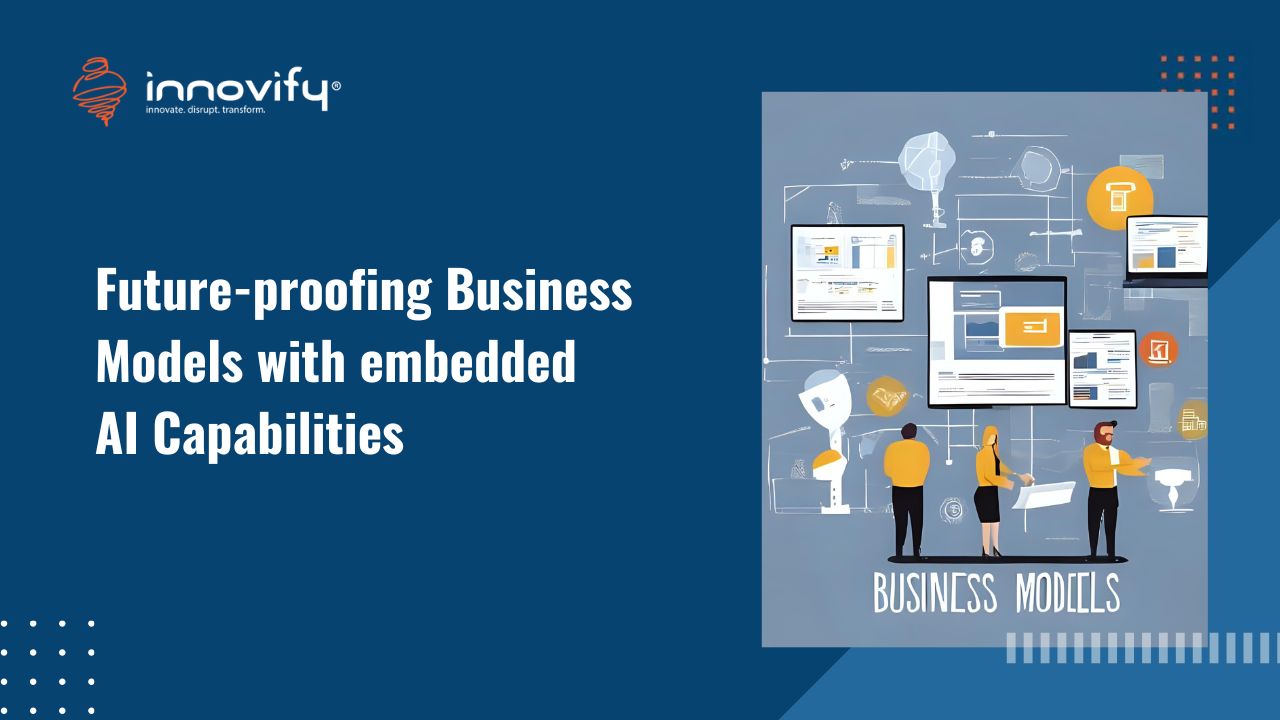AI/ML
New Product Approaches: 17 Ways Corporates & Startups Innovate
A well-established corporate has experience ranging from a few years to decades that germinate from within the foundation of a tiny business venture. While a corporate thrives on its experience to chart a new route for entrepreneurial success, a start-up would look for an alternative, path-breaking and disruptive ways to climb the ladder. Start-ups do things differently. Their ways of defining vision, goals, marketing objectives is thoroughly offbeat and that’s what sets them heading towards the pinnacle of success.

Image source: http://www.iamwire.com/
Our collective experience of working with corporate and start-ups has led us to deeply analyse the functioning methodology of both of these models that stem from the zeal of entrepreneurship.
| Note | Corporate | Startup |
|---|---|---|
| 1. How to identify the need of new products | A strategic team will take up this task to accomplish by conducting market research on a large scale including strategic planning, user research, etc. | A basic market study or research is carried out by the founders themselves. |
| 2. Initiation | Ideally, a Product Manager is appointed to create a business portfolio for new products, before its launch or any big development. | For this, no detailed business case is framed. It is mostly by the entrepreneurs who take up the initiation task after the completion of basic research and market analysis. |
| 3. Approval | A Strategic Committee is set up to approve any further development plan. The decision is mainly based on business priorities of new products. | As such no Strategic Committee is framed for the approval task. It’s again either founder or his team who takes the decision. |
| 4. MVP | Most stereotyped corporates do not monitor any MVP structure. They are more likely to move ahead with their product launch. It is interesting to note that their MVPs are more like finished products. | For a startup, MVP is of great importance. Therefore, they are extremely careful during product development, especially MVP. They conduct user research and improvise on their product as per requirement. |
| 5. Innovation | Much attention is given to creating innovative products. For this, resources are used to devise effectiveness in products. | A special attention is being paid in a startup venture to involve innovative products and services. Although startups may have fewer resources as compared to corporates, but they understand the need to have a higher innovation output for their success. |
| 6. Pivoting | It’s not very often and not much also. | Until the launched product is being well accepted in the market, pivoting is done very often. |
| 7. Scrapping | Scrapping is pretty easier for corporates as they have a large portfolio of products to choose from. | Owing to very few products, sometimes just one, startups do not opt for scrapping their projects, instead they opt for pivoting. |
| 8. Methodology | It’s varies between agile and waterfall methodologies but will always have much governance and decision gates, therefore often considered less agile. | Startups adopt mostly agile methodology with very less governance and gates. |
| 9. Risk attitude | Conventional and reserved | Competitive and driving |
| 10. Measurements | A number of data/metrics, especially to create reports and dashboards, is consulted for analysing their success or failure. Because of this, a clear perception is often missed out. | Here, required metrics are seized to draw the perception. One can say – more intuition than just mere data. |
| 11. User research and acceptance | Usually, agencies are appointed for user research to understand the needs of end users. Product Managers and Developers will not necessarily engage with users, for this. | There is a stark difference here as founders make efforts to directly connect with their users and bring clear feedbacks to their Development Team. |
| 12. Market launch | A huge market launch is anticipated for new products with clear and staunch marketing planning. | Not so grand, it’s rather slow and organic. Much hope is held on the word-of-mouth publicity. |
| 13. Roles | Everyone has a specialised role to play in a corporate setup, even a Product Manager is an expert in his domain. | Here, most people adapt themselves working in different domains and mastering new skills to contribute in every possible way. |
| 14. Integrations | This involves third party integrations, mostly with paid packages. | Here, third party integrations involve free packages. |
| 15. Programme Management | Specific programmes are structured wherein products are planned. | It is thoroughly missing here. |
| 16. Responsiveness | Low and slow. Mostly, User Feedback is taken through a series of gates including Customer Service, Third Level Support, Triage, Planning, Fixing, Testing, Release, Communicate, etc. before they are addressed. | High and fast with greater priority. Here, User Feedback is directed to founders, which renders immediate and faster release. |
| 17. Communication | Communication finds its way in record forms, like emails, documents, etc. | There’s more verbal and face-to-face communication. |



